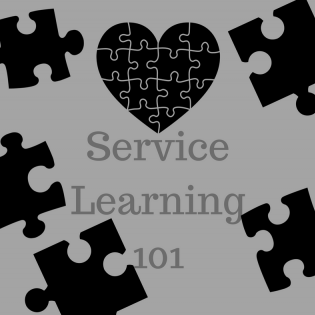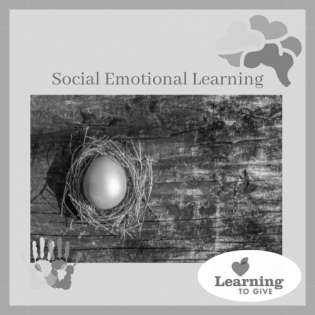This lesson explores the components of healthy living: eating healthy foods and exercise. Children identify their favorite healthy foods and forms of exercise that help them live a healthy life. Focus question: What foods and activity choices are important for healthy living?
Filter by subjects:
Filter by grades:
Filter by audience:
Filter by issue area:
Filter by content type:
Filter by resource type:
resource search
Participants become familiar with philanthropy-related terms and a variety of philanthropy in the past. We consider the impact of people who contribute in large and small ways to the health of the community.
An activity and picture book discussion illustrate the tendency for people to see differences as a reason to fight. As we see in political divisions, society can be torn apart by factions. Differences provide an opportunity to be curious about someone else. Factions may also have a...
Perseverance involves breaking down a task into small parts and seeing it through, even if it is difficult. In this lesson, groups plan a service project, including what is needed, how to overcome barriers, and a timeline.
Learners read and reflect on the meaning of democracy. They discuss and explore examples of participatory democracy in history. They read quotes from Founding Fathers and relate them to philanthropy and civic engagement.
Youth explore the history of philanthropic behavior (sharing, community collaboration, service) in ancient cultures and today, as well as compare themes of love and service in different world religious practices.
Video Clip and Discussion Guide: In this video, we learn from philanthropy scholars that not all giving has a positive impact. We learn about ethics and effective management of nonprofits to ensure they are good stewards of the money they raise.
Learning and action through service-learning give youth purpose to "do well and do good" because they see what they do matters and creates real solutions.
This activity encourages youth to discuss the power of privilege. Participants will understand how their perspectives, identity, and values influence their decisions in this activity. They will also understand that privileges are social constructs, A social construct is something that exists not in reality, but as a result of human interaction. It exists because humans agree that it exists.


